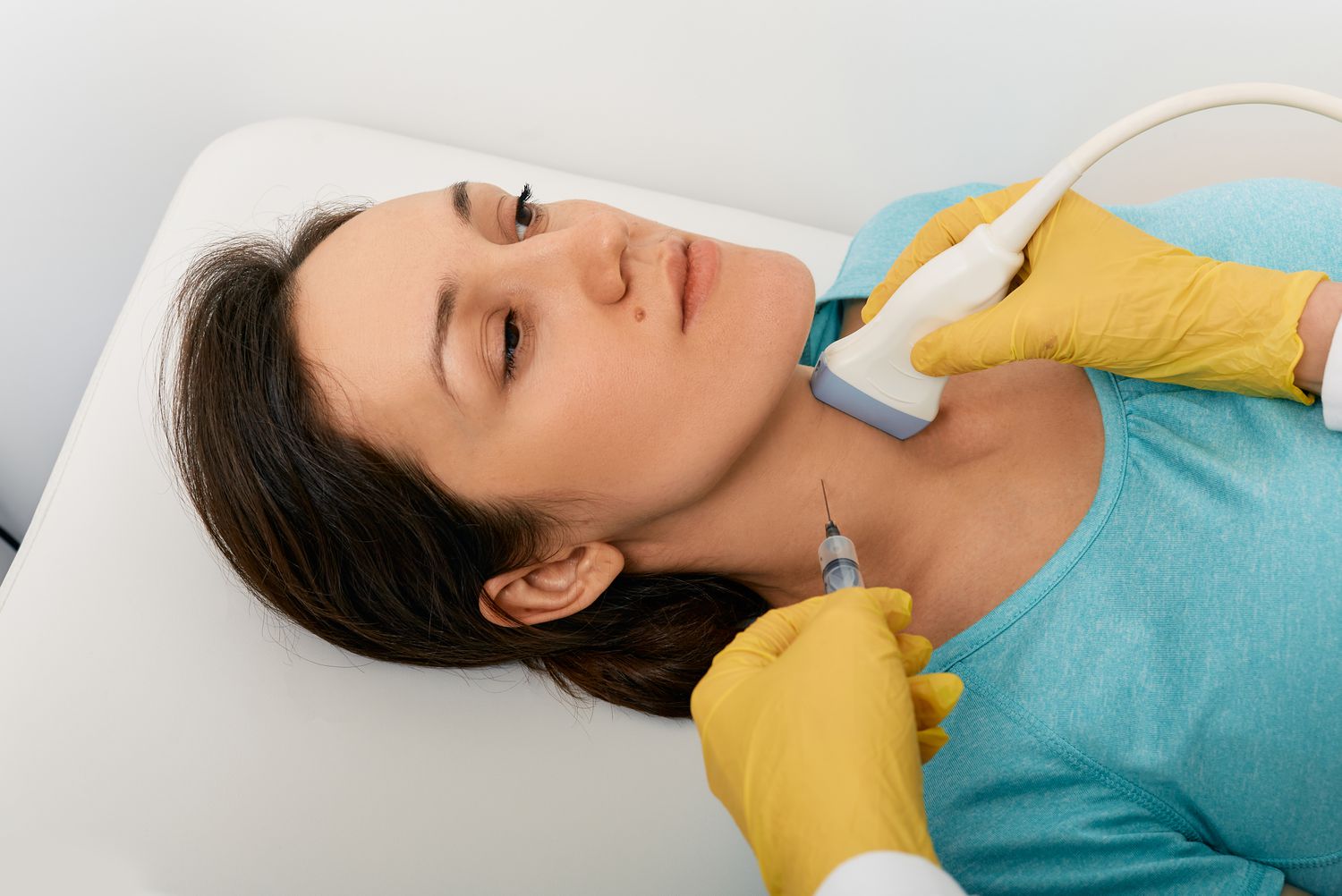
Key facts
- A biopsy involves taking and testing a small piece of tissue from your body.
- A biopsy helps your doctor diagnose or treat your condition.
- There are many different types of biopsies.
What is a biopsy?
A biopsy involves taking a small piece of tissue or some cells from your body. These are then examined in a laboratory. This helps your doctor diagnose or treat your condition.
Many different biopsy procedures exist depending on the part of your body being investigated (looked at). Some of these are:
- a punch biopsy of your skin
- a transbronchial biopsy
- a lung biopsy
- a liver biopsy
- a sentinel node biopsy
- an excision biopsy of a breast lump
- an endometrial biopsy
When is a biopsy needed?
Biopsies have many uses. They are sometimes used to check for problems like liver or kidney problems. Biopsies are also used to check if a lump is cancerous.
Examining your tissue sample under a microscope can help to diagnose a specific condition.
Biopsies can also be used to check the severity of your disease. This can help your doctor choose the best treatment for you.
How do I prepare for a biopsy?
It’s important to ask your doctor if you need to prepare for your biopsy in any way. Depending on the type of biopsy you are having you may be asked to:
- fast — not eat or drink for a period of time
- have a blood test
- stop taking certain medicines — this may include tablets, puffers or creams
What happens during a biopsy?
Exactly what happens during your biopsy depends on the type of biopsy you’re having.
A biopsy may involve cutting your skin so that the doctor can remove a small piece of tissue. In many cases, a needle can be used to remove the tissue. This can usually be done under local anaesthetic.
Sometimes imaging is used to guide the needle. This may be a:
- CT scan
- x-ray
- ultrasound
After the biopsy, you may need to have stitches or have a dressing put on.
Your tissue sample will be examined under a microscope. This will help find the cause of the problem and may mean that a definite diagnosis can be made.
Recovering from a biopsy
Some types of biopsy may involve staying in hospital for a few hours. If you’ve had a general anaesthetic, you may need to stay in overnight.
Your healthcare team will talk with you about any treatment or follow-up you need.
Your biopsy results will usually be ready within a few days. Check with your doctor how you will get them.
Possible complications from a biopsy
It’s rare to have any serious side effects after a biopsy. The spot where the biopsy was taken may be a bit bruised or sore for a few days. You may be left with a small scar. In rare cases you might have bleeding or infection where the biopsy was taken.
You should always talk to your doctor if you experience any symptoms after a biopsy that you’re worried about.
Are there any alternatives to a biopsy?
Whilst other tests such as blood tests, ultrasound or x-ray can be useful in identifying the cause of your problem, a biopsy is often needed to confirm the precise cause. A biopsy will also help your doctor suggest the best treatment for you.


